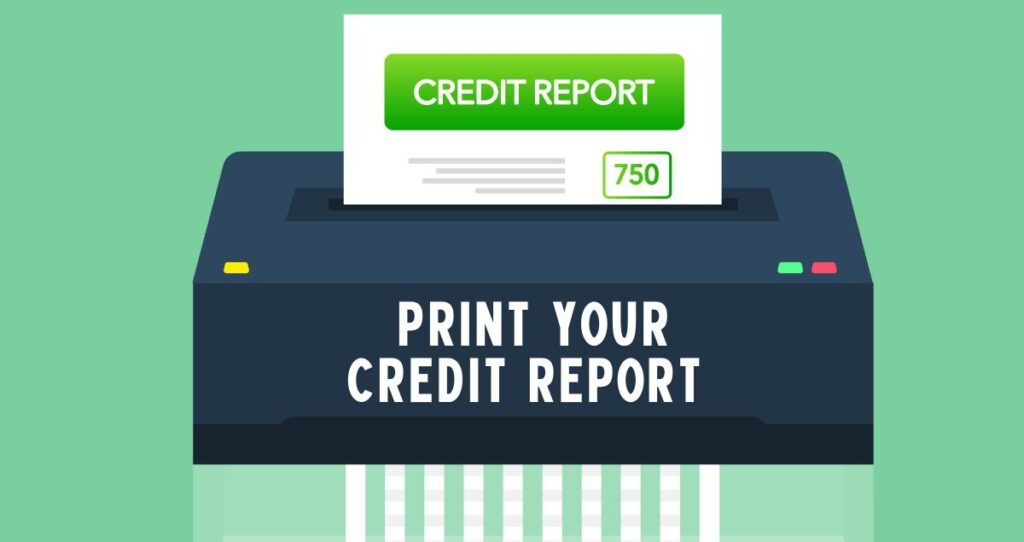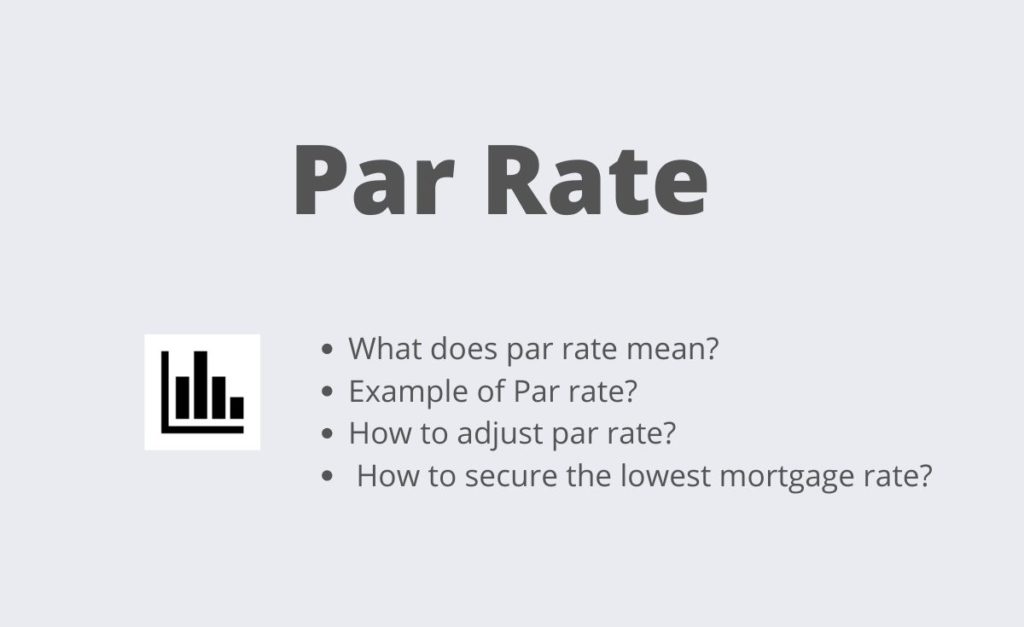A rapid rescore is a process that accelerates updating your credit reports with recent information, hoping that your credit score will go higher. If you want a mortgage or a loan and have recently made a payment, your lender can request major credit bureaus to update your credit report with your recent account activities. The result might be a higher FICO score, which will help you land a better deal. So, what is a rapid rescore and how does it work? This article will walk you through how the rapid rescue works.
Your credit score is one of the highest factors mortgage lenders and loan providers use to determine your creditworthiness. A good credit score will easily help you get approved for a lower interest rate. A lower rate will save you thousands of dollars during the duration of the loan.
What is a rapid rescore
When it comes to borrowing money, it is important that you qualify for loans at lower rates. This means you must take advantage of all resources at your disposal to lower interest on your loans. One process you should consider is a rapid rescore.
So, what is a rapid rescore, and how does it work?
The rapid rescore is when a lender submits a request to credit reporting agencies asking them to update your credit report. This process usually occurs when you are applying for new credit and want your recent credit account activities to be considered. Your mortgage lender can also ask you to pay off some of your account balances before you are approved for new credit. This usually happens for people who have higher debt-to-income ratios. By lowering your debt, you get to lower your DTI Ratio, which lowers the amount of risk the lender is taking on you.
Usually, major bureaus take 30 days or more to update your credit reports. However, with the rapid rescore process, your credit reports can be updated quickly.
Due to the time-sensitivity of some financial products, such as mortgages, your lender can request that credit bureaus update your credit report faster. For example, if you recently paid off a big chunk of your credit card debt, your VantageScore could go higher when these changes are reflected on your credit report.
Who conducts the rapid rescore inquiry?
A rapid rescore request can only be submitted by a creditor on behalf of his client. As a borrower, you cannot submit a letter to credit reporting agencies to make updates on your credit report.
The lender will make the call. Your lender will also submit all proofs related to your account activities and update your account balances to reflect the changes.
Rapid rescoring does not eliminate your debts or change your financial situation. It is designed specifically to accelerate updates on your credit reports due to recent changes in your credit accounts. In addition, lenders pay a fee for rapid rescore service.
How much does the rapid rescoring cost?
The rapid rescoring process is not free. The lender asks credit reporting agencies to update your credit reports within a given time, which means major bureaus must make changes to accommodate these requests.
For this reason, each major bureau charges a fee for the credit rescore process. Lenders pay these fees on behalf of their clients. The Fair Credit Reporting Act prohibits lenders from charging their clients fees related to disputes or error corrections in their credit information.
Each bureau can charge up to $40 for each account. If there are more accounts to be updated, the fees paid for rapid rescore could be high. For example, let’s assume that the lender paid $35 for each account. If the information was reported to all three major credit reporting agencies and there are three accounts to be updated, the total cost for the rescoring service will be $210.
Is rapid rescore right for me?
Should you consider the rapid rescore process? Is it the right path to take? The rapid rescore process is good for you if your recent activities will reflect a major change in your credit score.
This is because the main point of this process is to help you boost your credit score and improve your credit in general. For example, if you are applying for a mortgage and the lender says you are short by a few points from getting approved, the rescore process could help you gain the missing points.
You could also use this process if you want to lower the interest rate you are getting. A higher interest rate increases the cost of the loan. So, by reflecting your recent payment activities on your credit report, you can easily boost your credit score and lock in a much lower interest rate. Ultimately, this will save you thousands of dollars over time.
Credit score tip: How to Raise Your Credit Score in 30 Days?
How long does a rapid rescore process take?
Once all information regarding your account activities has been gathered and submitted, the rapid rescore process should take 3 to 5 business days to complete. It is important to ensure all information and supporting evidence regarding the accounts in question are submitted.
Things to consider before rapid rescoring
Before you request your lender to jumpstart the rapid rescoring process, consider the following main points.
- The rapid rescore will not erase your debts or remove some negative items from your credit reports. For example, if you have a bankruptcy on your reports, the rapid rescoring will not erase this negative item.
- Repair your credit instead of rapid rescoring. If you are in a hurry, the rapid rescoring process can help you improve your credit faster. However, if you are not in a hurry, consider repairing your own credit. You can also pay a credit restoration company to assist you. Moving forward, it is very important to keep your credit healthy, and one step you must take is to clean up your credit report regularly.
- Shop around for lenders with fewer restrictions. Just like car insurance or other financial products, it is important to shop around before you sign up for any loan or mortgage. You need to shop around for a better deal. If you fall short on some requirements with your current lender, look for different lenders. There is always someone willing to take a chance on you.
Related: How do you dispute an error on your credit report?
The bottom line
The rapid rescoring process is a fast track to updating your credit reports with current financial activities on your accounts. You can gain a lot of points on your credit score, which will allow you to qualify for a much lower interest rate or get approved for credit, depending on the updates made on your credit report.
If you need a few points on your credit score or are having trouble getting approved for a loan, consider the rapid rescoring process.
Other alternatives to rapid rescore include repairing your credit before applying for a loan or simply looking for a different lender.









